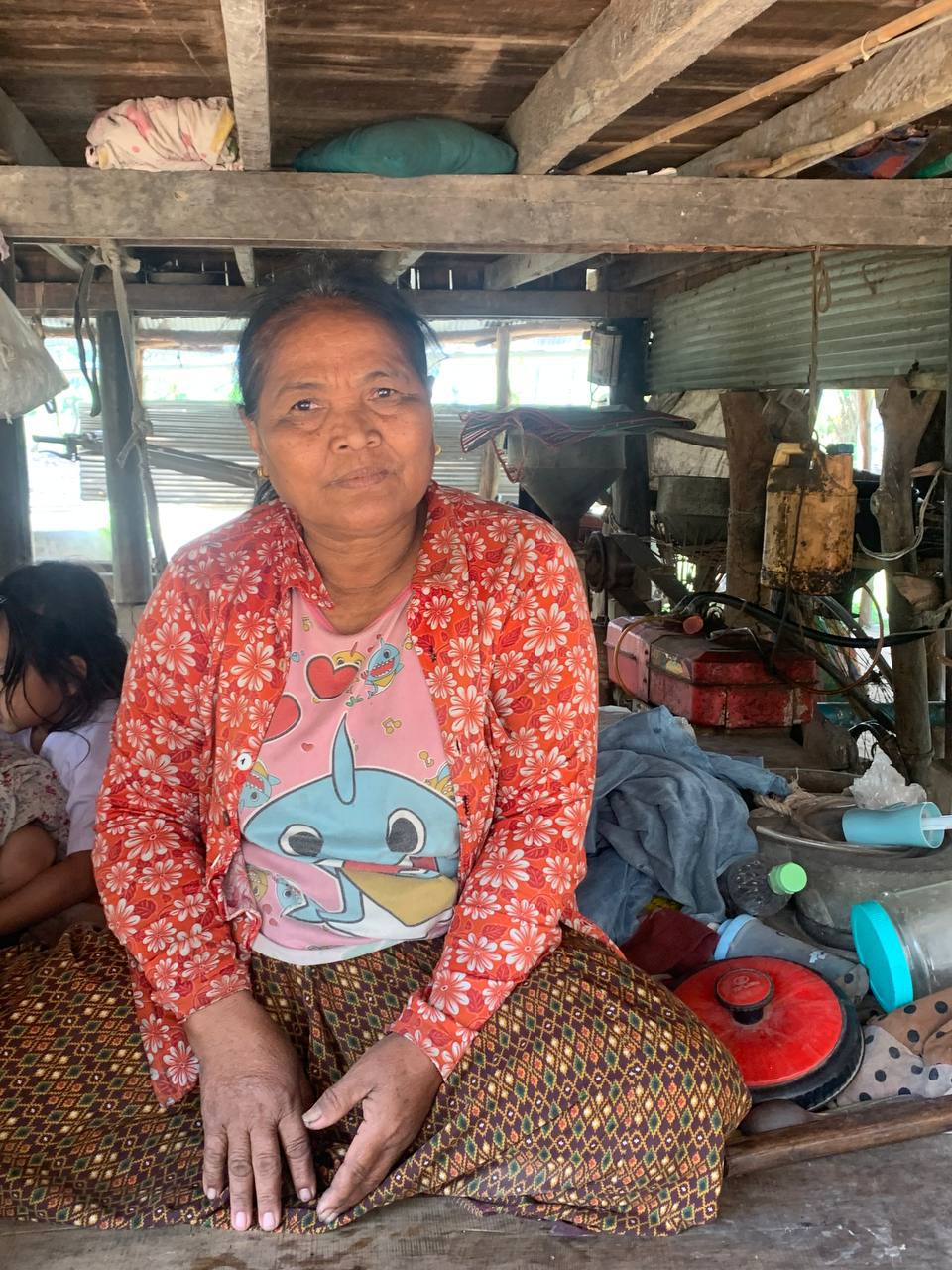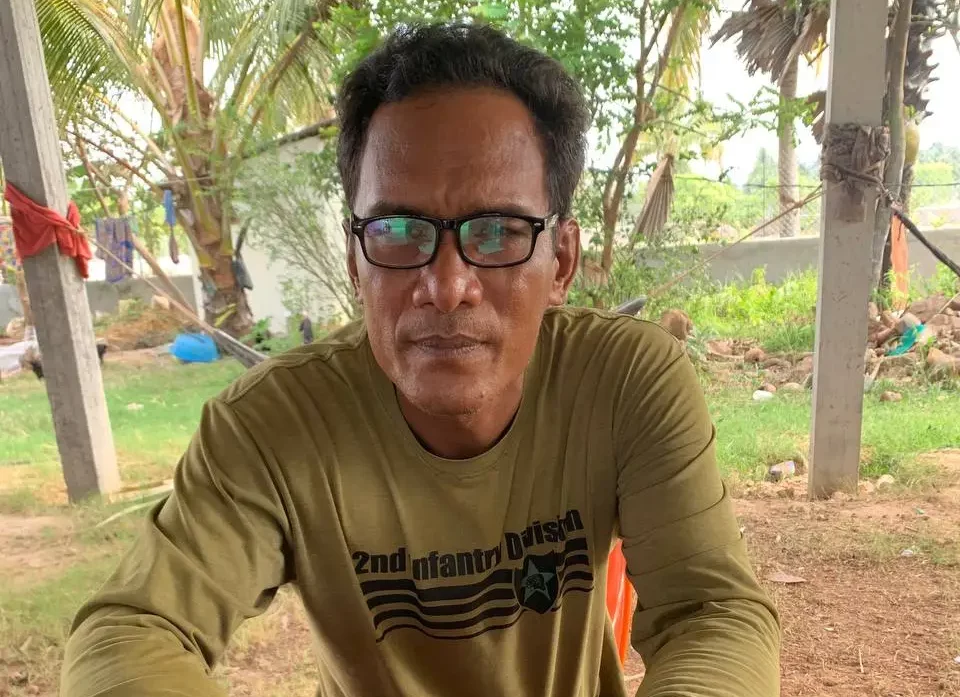Un Nou, a 79-year-old individual, presently dedicates her time to the noble task of caring for her grandchildren within the confines of her home. Unfortunately, the turbulent era of the Khmer Rouge left her bereft of the opportunity to receive any formal education, as she had already embarked on the journey of motherhood, having given birth to three children prior to that distressing period. Throughout the 1970s, her village bore witness to frequent bombings as the flames of war engulfed the region, casting a shadow of fear and destruction.Enlisted in the Women’s Agriculture Unit, Un Nou found herself immersed in the demanding role of a diligent farmer, shouldering an excessive burden of work that exceeded her physical capabilities. The weight of her responsibilities pushed her to the brink of exhaustion as she labored relentlessly to cultivate the land. Tragically, the oppressive reign of the regime claimed the life of her older brother, Un Lorn, leaving an enduring scar of grief within her heart.Assigned to the laborious task of lifting and transporting substantial amounts of soil, Un Nou was deployed to various locations, including Mlech and other parts of the province, where she contributed to the construction of vital dams. Her duties, however, were not confined to a single area, as she was frequently transferred to different work assignments, compelled to engage in a diverse range of tasks. Amidst the oppressive backdrop of the regime, she bore witness to distressing scenes, observing individuals bound together in an attempt to pursue education, only to vanish without a trace.The incessant demands placed upon Un Nou exacted a profound toll on her physical and emotional well-being, leaving her perpetually drained and deprived. With a meager allowance of only two daily meals, she confronted the relentless pangs of hunger, serving as a stark reminder of the severe deprivation that plagued her and countless others during those bleak.


